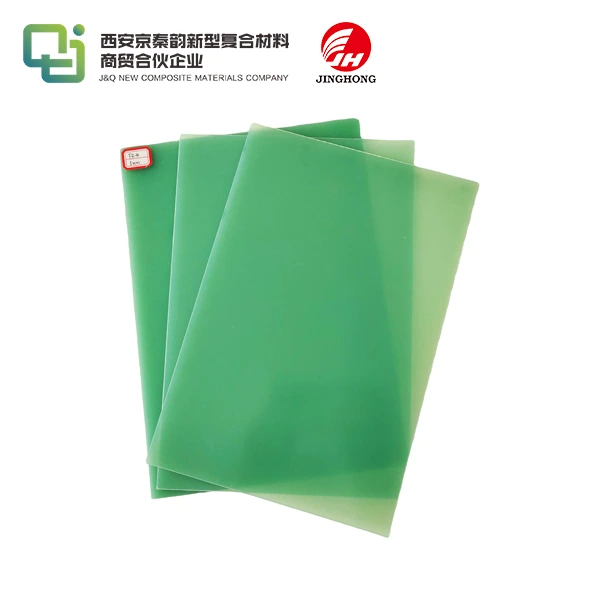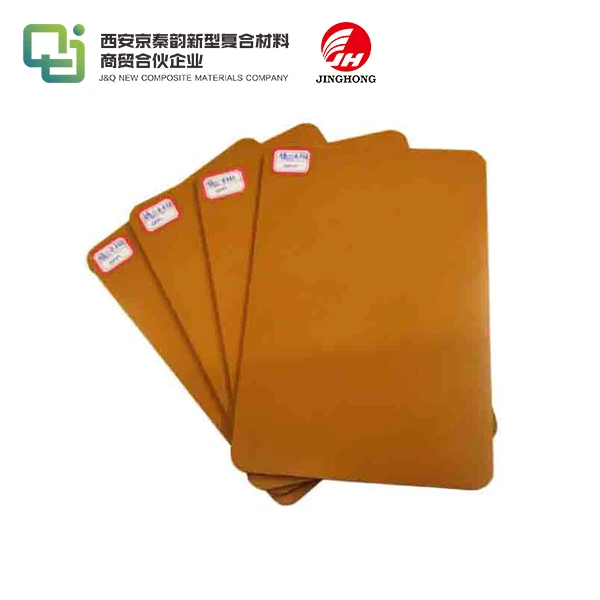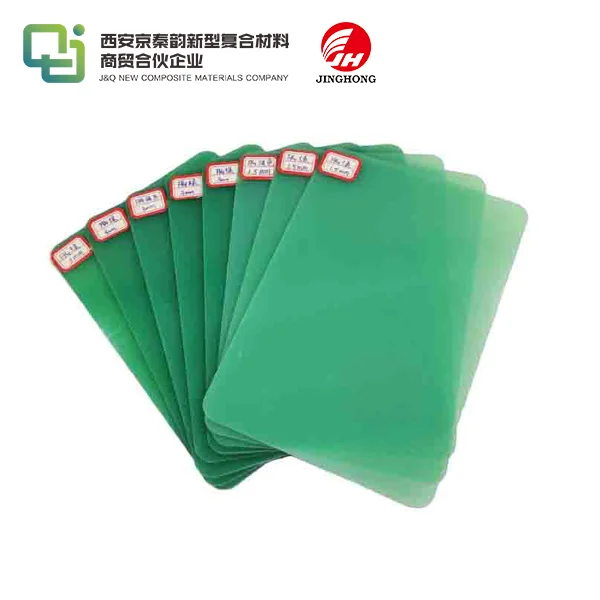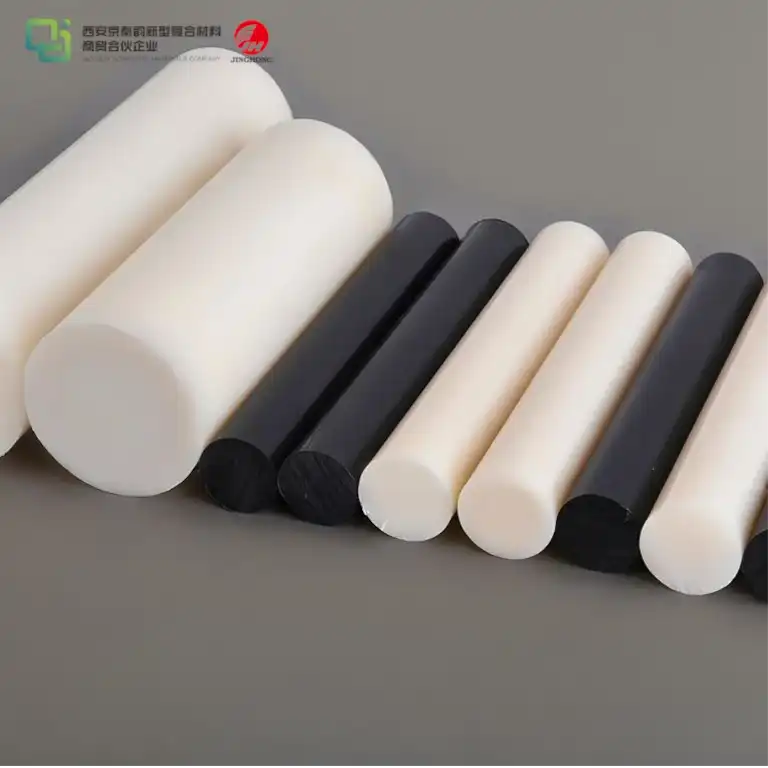How Lithium Battery Pack 3240 Epoxy Resin Enhances Thermal Stability and Durability?
2025-04-01 17:24:00
Lithium battery pack 3240 epoxy resin significantly enhances thermal stability and durability through its unique composition and properties. This specialized epoxy resin creates a robust protective layer around battery components, effectively dissipating heat and preventing thermal runaway. Its high-temperature resistance and excellent adhesion properties ensure long-lasting protection against environmental factors. The 3240 epoxy sheet's low thermal expansion coefficient minimizes stress on battery cells during temperature fluctuations, while its superior electrical insulation properties safeguard against short circuits. These combined features result in a more stable, longer-lasting, and safer lithium battery pack, capable of withstanding demanding operational conditions and extending overall battery life.
The Properties of 3240 Epoxy Sheet for Lithium Battery Packs
Chemical Makeup of 3240 Epoxy Resin
The 3240 epoxy sheet is a sophisticated material engineered specifically for lithium battery applications. Its chemical composition typically includes a blend of bisphenol A epoxy resin and novolac epoxy resin, combined with hardeners and various additives. This unique formulation results in a material with exceptional thermal and electrical properties, crucial for battery pack performance.
Thermal Conductivity and Resistance
One of the standout features of lithium battery pack 3240 epoxy resin is its impressive thermal conductivity. This property allows for efficient heat dissipation, preventing localized hot spots within the battery pack. Simultaneously, the material exhibits high thermal resistance, maintaining its structural integrity even at elevated temperatures. This dual capability is essential for managing the heat generated during battery operation and charging cycles.
Electrical Insulation Properties
The 3240 epoxy sheet boasts superior electrical insulation characteristics. Its high dielectric strength prevents current leakage between battery cells and other components, ensuring the pack's overall safety and efficiency. This insulation property is crucial in maintaining the integrity of the battery's electrical system, particularly in high-voltage applications.
Mechanisms of Thermal Stability Enhancement in Lithium Battery Packs
Heat Distribution and Dissipation
Lithium battery pack 3240 epoxy resin plays a crucial role in thermal management by ensuring efficient heat distribution across the battery pack. Its advanced structure helps prevent localized overheating, which could lead to thermal runaway or damage to sensitive components. By efficiently conducting heat away from critical areas, this resin contributes to maintaining the battery's stability and performance, especially during demanding conditions. This enhanced thermal regulation not only improves the safety of the battery but also extends its lifespan, ensuring reliable performance over time.
Thermal Expansion Control
One of the key advantages of the 3240 epoxy sheet is its low coefficient of thermal expansion, which makes it highly effective in managing temperature changes within a battery pack. This property significantly reduces the stress on battery cells and other critical components, especially during rapid temperature fluctuations. By minimizing thermal expansion, the epoxy resin ensures that the battery pack retains its shape and structural integrity, preventing potential deformations or damage that could impact both performance and safety. This contributes to the overall reliability and longevity of the battery.
Thermal Runaway Prevention
The thermal stability offered by lithium battery pack 3240 epoxy resin plays a crucial role in preventing thermal runaway, a potentially hazardous failure mode in lithium batteries. Its excellent heat resistance, combined with effective heat dissipation properties, ensures that the battery maintains safe temperature levels even under high stress or adverse conditions. By minimizing the risk of overheating, the resin helps protect the battery from catastrophic failure, ultimately improving the safety, longevity, and reliability of the entire battery pack.

Durability Enhancements Provided by 3240 Epoxy Resin
Chemical Resistance and Environmental Protection
The 3240 epoxy sheet offers exceptional chemical resistance, protecting battery components from corrosive electrolytes and other potentially harmful substances. This resistance extends to environmental factors such as moisture, dust, and pollutants, effectively sealing the battery pack against external contaminants. The result is a more durable battery system capable of withstanding harsh operating conditions and maintaining performance over extended periods.
Mechanical Strength and Impact Resistance
Lithium battery pack 3240 epoxy resin contributes significantly to the mechanical integrity of the battery system. Its high tensile strength and impact resistance provide robust protection against physical shocks and vibrations. This mechanical durability is crucial for applications in mobile devices, electric vehicles, and other environments where batteries may be subjected to frequent movement or potential impacts.
Long-term Stability and Aging Resistance
The durability of 3240 epoxy resin extends to its long-term stability and resistance to aging. Unlike some materials that may degrade over time, this epoxy maintains its properties over extended periods, ensuring consistent performance throughout the battery pack's lifespan. This stability is particularly important in applications requiring long service life or in environments where frequent maintenance or replacement is impractical.
Conclusion
Lithium battery pack 3240 epoxy resin emerges as a crucial component in enhancing the thermal stability and durability of modern battery systems. Its unique composition offers a perfect balance of thermal management, electrical insulation, and mechanical protection. By effectively dissipating heat, preventing thermal runaway, and safeguarding against environmental and physical stresses, this specialized epoxy resin significantly extends battery life and improves overall safety. As the demand for high-performance, long-lasting battery solutions continues to grow, the role of advanced materials like 3240 epoxy sheet in optimizing battery pack design becomes increasingly vital.
Contact Us
For more information about our lithium battery pack 3240 epoxy resin and other insulating sheet products, please contact us at info@jhd-material.com. Our team of experts is ready to assist you in finding the perfect solution for your battery pack needs.
References
1. Zhang, L., et al. (2022). "Advanced Epoxy Resins for Lithium-Ion Battery Applications: A Comprehensive Review." Journal of Power Sources, 515, 230642.
2. Chen, X., et al. (2021). "Thermal Management Strategies for Lithium-Ion Battery Packs: A Review." Applied Thermal Engineering, 183, 116191.
3. Wang, Q., et al. (2020). "A Review of Lithium Ion Battery Failure Mechanisms and Fire Prevention Strategies." Progress in Energy and Combustion Science, 76, 100802.
4. Liu, K., et al. (2019). "Extending the Life of Lithium-Ion Batteries through Optimized Thermal Management." Journal of Power Sources, 412, 246-255.
5. Shen, Y., et al. (2018). "Advanced Dielectric Materials for Lithium-Ion Battery Insulation: Progress and Perspectives." Energy Storage Materials, 14, 155-173.
6. Gao, M., et al. (2017). "A Review on High-Temperature Epoxy Resins for Electronic Packaging." Polymer International, 66(12), 1731-1745.







